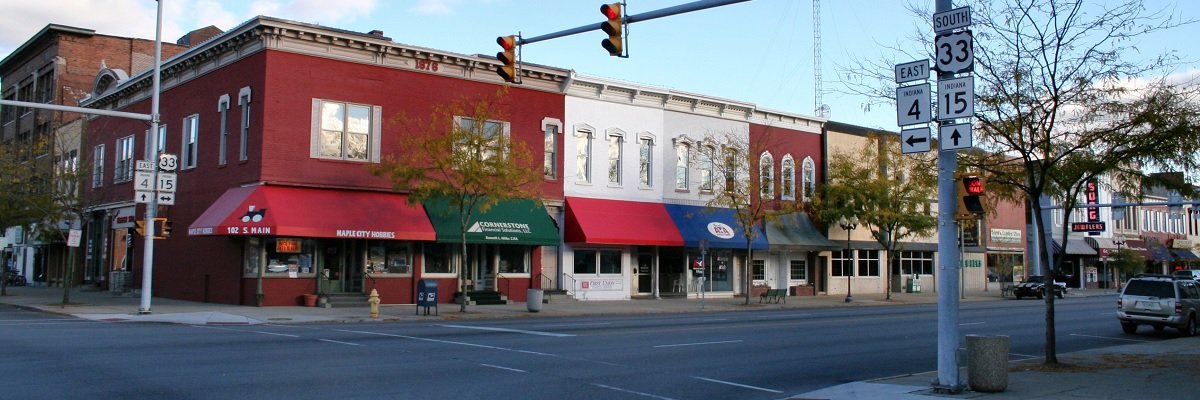Earlier this year, an unusual thing happened in Elkhart County, Indiana. The county seat of Goshen, which overwhelmingly voted for Donald Trump in the 2016 election, had been approached in the fall by private prison company CoreCivic with plans for a new Immigration and Customs Enforcement facility. However, instead of quickly signing on the dotted line with the promise of financial windwall, the Goshen citizenry took pause, and began to voice their concerns.
As recounted in a recent Associated Press profile, the largely-Republican area knew of the enriching effect that an integrated immigrant influence can have, and the prospect of a detention center - a symptom of the administration’s tough-on-immigration policies - along with the associated reputation it would bring, caused worry in a swath of the residents.
“I suppose it would be easier to take the safe route and stay quiet - or say this isn’t something that I, my business or my organization should publicly address,” Jeremy Stutsman, Mayor of Goshen, county seat, wrote in an open letter. “I, however, along with the following signatories from Elkhart County’s business community in particular, am choosing to speak up at this critical juncture in our county’s history.”

Ultimately, CoreCivic got the message and withdrew its request to rezone the area where it had wanted the new detention center.
The conflict that took place in Indiana has been repeated for decades in towns considering or under consideration for a private prison, whether it be to house citizen criminals or undocumented migrants. On the pro side, a new facility would necessitate construction, job creation, and a bit of a boost to the local economy. On the side of the cons, there’s the long and well-earned reputation for malfeasance at such facilities, which translates into bad press - or worse - for the towns actually holding the bag. And, as suggested by skeptics in Elkhart County, if the plan to cut back on the number of immigrants in the country actually succeeds, then the new facility will no longer be necessary and those jobs would be gone, that facility left empty. Elkhart County, with its successful, pre-existing industries and its involved community members, decided that the math for them just didn’t make any sense. In this case, political affiliations on the national level didn’t need to fuel poor policy decisions in the community, a lesson in responsible decision-making.
MuckRock is continuing to look into the life cycle and industry of private prisons. Know of one we should look into? Let us know in the form below.
Image via Wikimedia Commons



